1. Communicate a lot

Illustration photo
Interacting with other children and adults helps children develop their emotional and social intelligence. It also builds empathy, self-esteem and communication skills.
2. Playing in the water
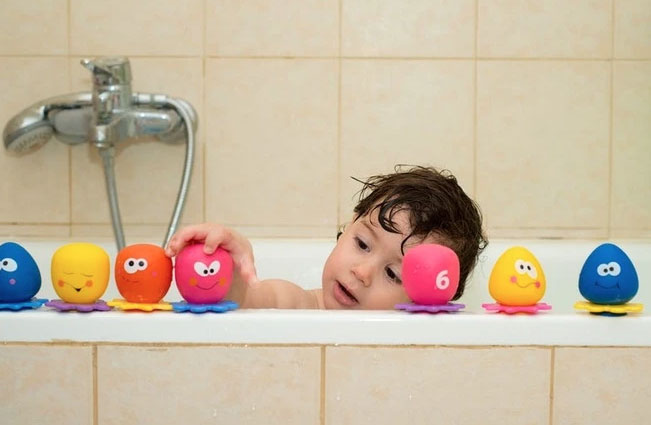
Illustration photo
Experimenting with pouring water and exploring how much water can be held in different sized containers is a precursor to math, says Laura Markham, Ph.D., author of "Peaceful Parent, Happy Kids." Children learn to calculate and be careful in all matters.
3. Blow bubbles
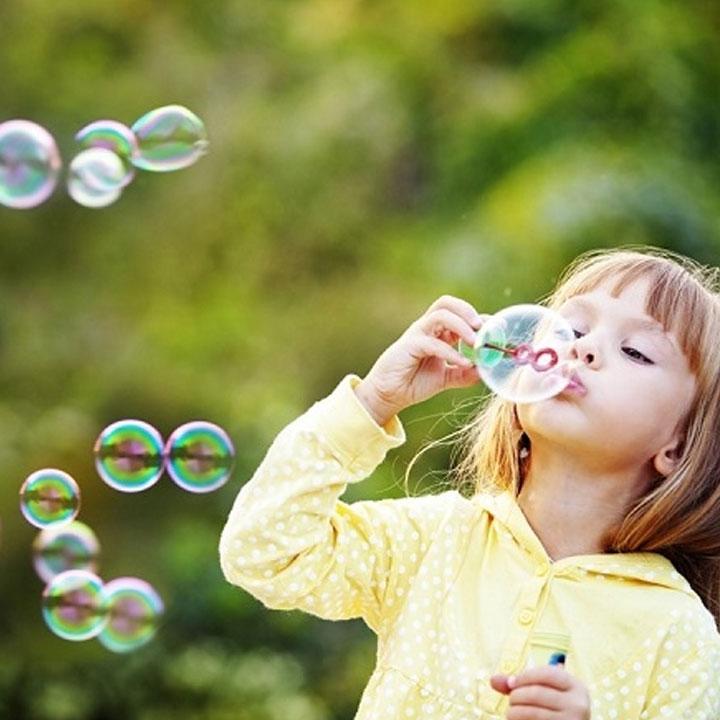
Illustration photo
The fun activity of blowing bubbles is known to spark intelligence, curiosity and scientific thinking in children's brains. It helps children develop creative, artistic and mathematical skills.
Parents can help children make homemade solutions using soap and water. By seeing the foaming process, children can search for answers to why detergents foam, what these bubbles are, how they float in the air, what makes them pop, etc.
4. Read books
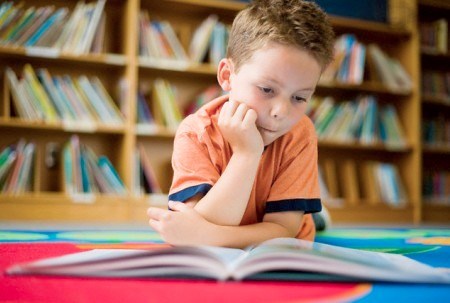
Illustration photo
Reading books every day is a way to stimulate the imagination of children to the maximum. When reading books, children will imagine characters based on the words. Usually, children will use all senses such as sight, hearing, smell to imagine an animal, a character or a scent,... All of that will silently stimulate the development of the child's brain.
5. Look in the mirror

Illustration photo
Letting your child look in the mirror is an important exercise in self-discovery. They learn to identify themselves – looking at their eyes, nose, mouth, teeth, tongue, hands, feet, all of which are mysteries to them at this stage. This activity helps children develop social and emotional connections later on.
Parents can encourage their children to smile often in front of the mirror to help them develop a cheerful personality.
6. Sleep well

Illustration photo
A good night's sleep helps your child's brain organize the day's experiences, replenishing neurotransmitters that help your child remember, learn, and solve problems. Sleep also helps eliminate stress-related toxins.
Parents should ensure that their children have a quiet, comfortable place to sleep. Loud noises can keep children from sleeping well. Adults should be careful, gently close doors, reduce the volume or turn off the TV, and try to provide a quiet, safe space for children to rest.
7. Climbing
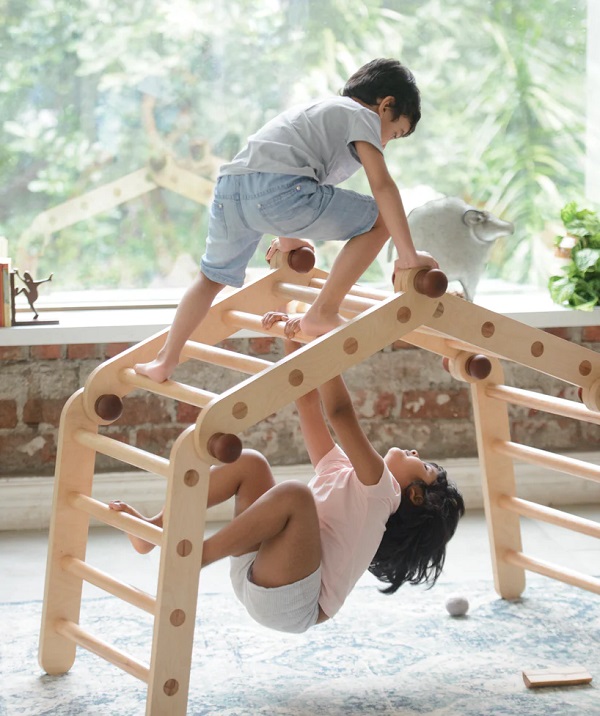
Illustration photo
According to India Express, children love to climb things. They are not deterred from exploring things unless it is too dangerous for them. Parents can let their children climb on low tables, shoe racks, stone slabs, shelves or anything harmless.
It is a child's natural instinct to explore, and while doing this climbing activity, they can practice important physical skills of balance and coordination.
8. Puzzle
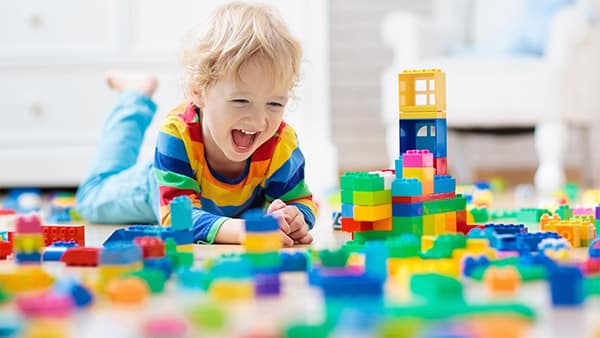
Illustration photo
Puzzles are the most powerful way to stimulate children's thinking. At this time, children need to be skillful and agile. This is very good for their ability to perceive math, physics and technical subjects.
Source: https://giadinh.suckhoedoisong.vn/8-hoat-dong-binh-thuong-o-nha-nhung-lai-la-chia-khoa-giup-tre-phat-trien-tri-nao-17224053016565452.htm






![[Photo] Prime Minister Pham Minh Chinh launched a peak emulation campaign to achieve achievements in celebration of the 14th National Party Congress](https://vphoto.vietnam.vn/thumb/1200x675/vietnam/resource/IMAGE/2025/10/5/8869ec5cdbc740f58fbf2ae73f065076)
































![[Photo] Bustling Mid-Autumn Festival at the Museum of Ethnology](https://vphoto.vietnam.vn/thumb/1200x675/vietnam/resource/IMAGE/2025/10/4/da8d5927734d4ca58e3eced14bc435a3)






















![[VIDEO] Summary of Petrovietnam's 50th Anniversary Ceremony](https://vphoto.vietnam.vn/thumb/402x226/vietnam/resource/IMAGE/2025/10/4/abe133bdb8114793a16d4fe3e5bd0f12)

![[VIDEO] GENERAL SECRETARY TO LAM AWARDS PETROVIETNAM 8 GOLDEN WORDS: "PIONEER - EXCELLENT - SUSTAINABLE - GLOBAL"](https://vphoto.vietnam.vn/thumb/402x226/vietnam/resource/IMAGE/2025/7/23/c2fdb48863e846cfa9fb8e6ea9cf44e7)



































Comment (0)